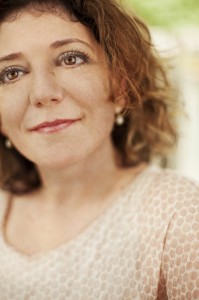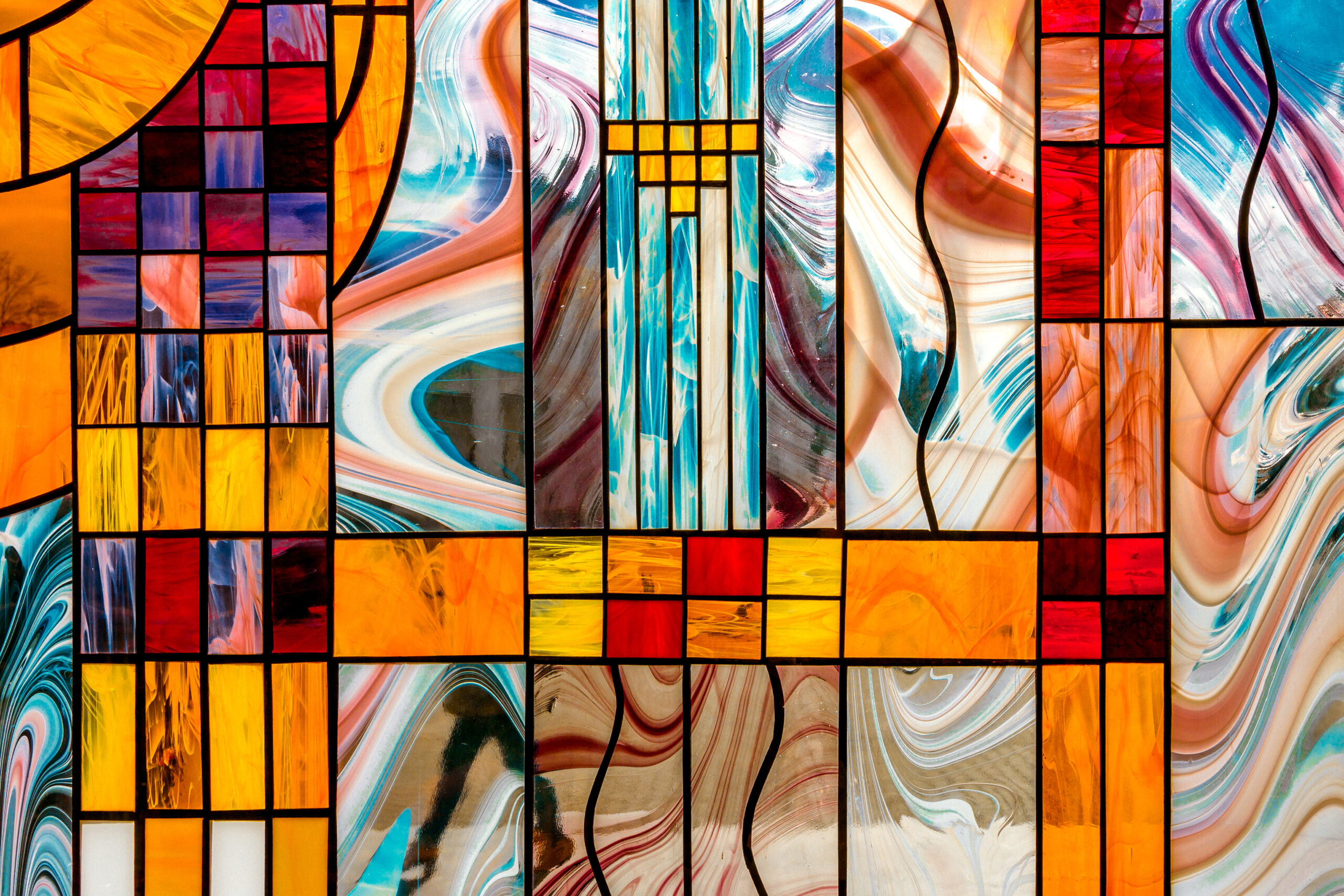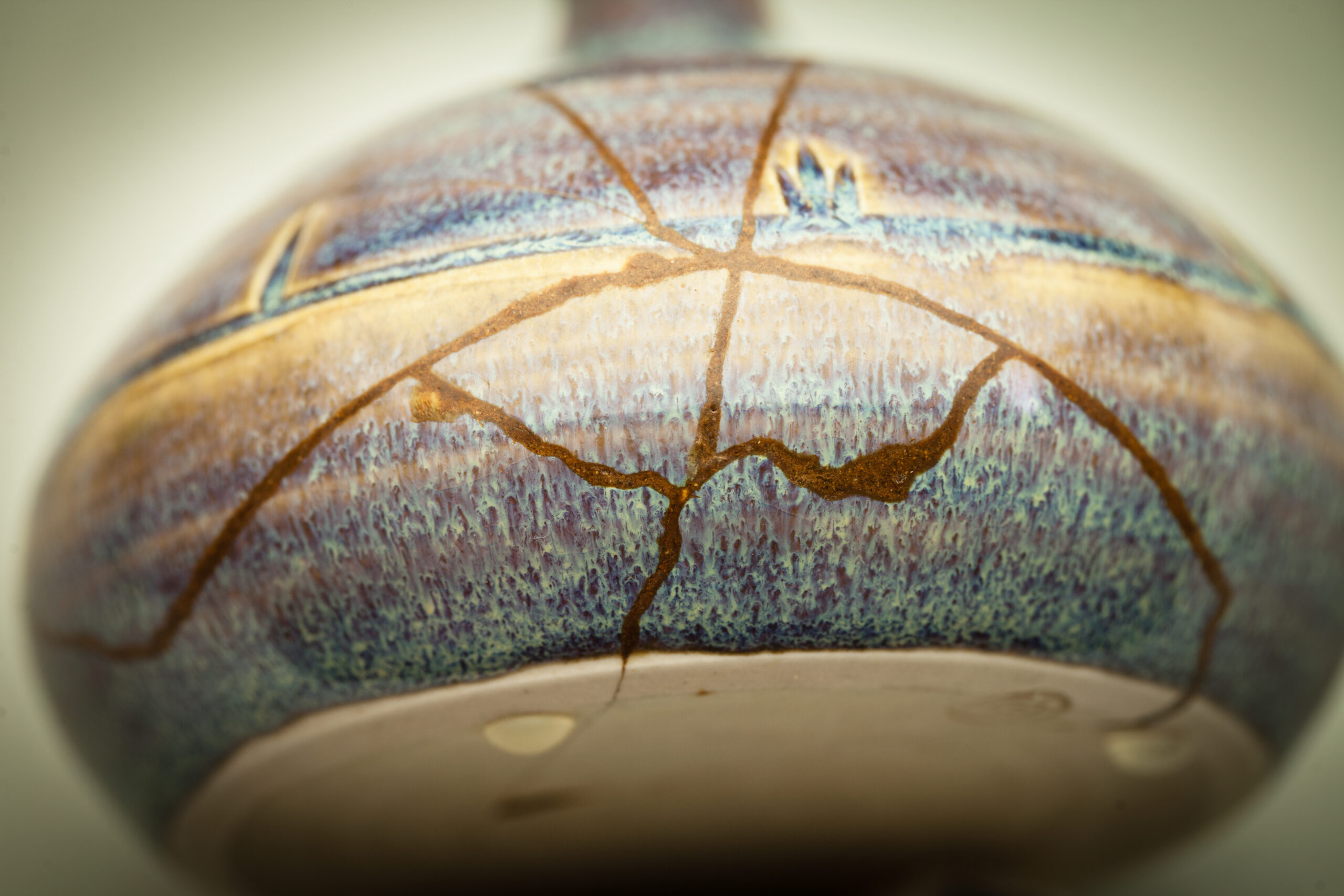Katie Steedly’s first-person piece [The Unspeakable Gift] is a riveting retelling of her participation in a National Institutes of Health study that aided her quest to come to grips with her life of living with a rare genetic disorder. Her writing is superb.
In recognition of receiving the Dateline Award for the Washingtonian Magazine essay, The Unspeakable Gift.
Enter your email here to receive Weekly Wide-Awake
Sabbath

“And now, weak, short of breath, my once-firm muscles melted away by cancer, I find my thoughts, increasingly, not on the super natural or spiritual but on what is meant by living a good and worthwhile life – achieving a sense of peace within oneself. I find my thoughts drifting to the Sabbath, the day of rest, the seventh day of the week, and perhaps the seventh day one’s life as well, when one can feel that one’s work is done, and one may in good conscience, rest.”
Oliver Sacks
The 4th and final essay, “Sabbath,” in Oliver Sacks’ Gratitude makes me think about what it means to rest. The necessity of rest. The tension between rest and urgency. The idea of one’s work being done. The spiritual importance of keeping the Sabbath. Is the Sabbath a fixed event or a way of life? These thoughts flow.
A professor in graduate school quoted Goethe telling us, “Do not hurry. Do not rest.” As I think about this now, many years after first hearing those words, the idea of hurrying jumps out at me. We have work and work. Work is distraction. Work is noise. Work is busy. Work is necessarily too important to hurry through, and true rest comes after our work is done. In this context, the Sabbath is the pause amidst work that prevents hurrying. In this sense, the Sabbath makes our work possible.
Everything feels urgent right now. Urgent in the sense that the suffering of the world feels heavy and immediate. Urgent like a wound that must be triaged for the patient to be saved. Urgent like a train headed full force toward an avoidable crash. Urgent like darkness that does not let the light shine through. Urgent that makes keeping the Sabbath, at best, irresponsible, at worst, complicit in pain and suffering. All that being said, there is real power in keeping the Sabbath. Keeping the Sabbath feels aligned with Nature – with the seasons, the tides, and the sun rising and setting. Keeping the Sabbath feels like a deep sustaining breath. Keeping Sabbath feels powerful in the way dharma and calling are powerful.
This essay also makes me think about the moment when work is done. Sacks writes this essay at the end of his life while weighing and judging the breadth and depth of his life’s work. In this way, Sabbath is the ultimate rest. What if life is a series of births and deaths. Of confusion and clarity. Of conflict and peace. Of crisis and opportunity. Of falling apart and falling together. Of work and Sabbath.
About Katie

From Louisville. Live in Atlanta. Curious by nature. Researcher by education. Writer by practice. Grateful heart by desire.
Buy the Book!
The Stage Is On Fire, a memoir about hope and change, reasons for voyaging, and dreams burning down can be purchased on Amazon.





